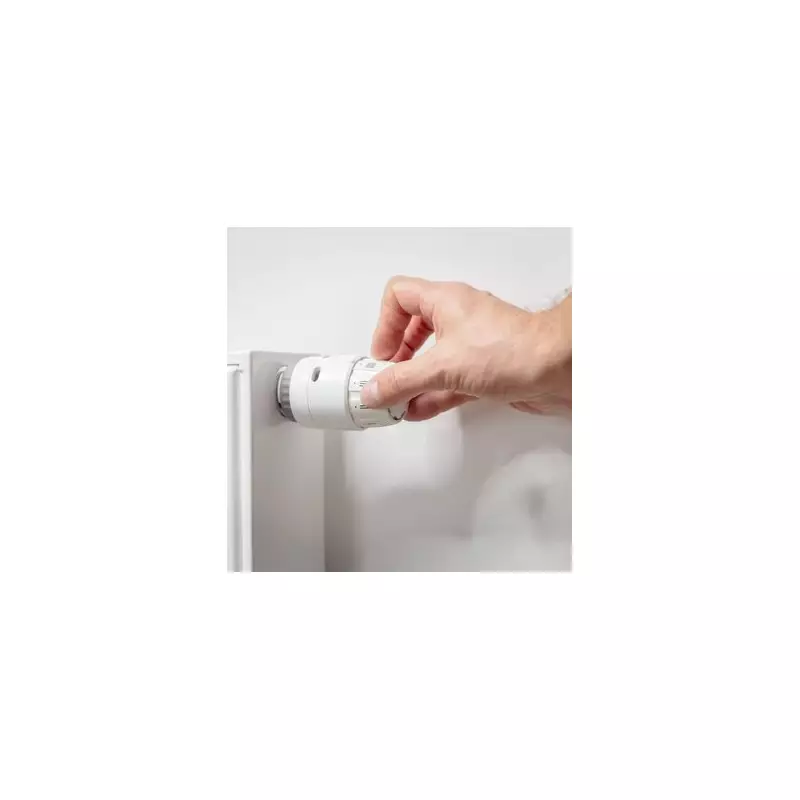
As a sharp chill descends across the UK, households are facing the annual dilemma of how to stay warm without triggering a financial crisis. Consumer champion Which? UK has stepped in with a crucial piece of advice that could make a significant dent in your winter energy expenditure.
The Costly Radiator Mistake You're Probably Making
According to experts, the key to efficient heating lies in the small dial on your radiators, known as the thermostatic radiator valve. The most common and costly error is setting all of these dials to the maximum number five. Whacking the valve up to five opens it fully, allowing a large volume of hot water to constantly flow into the radiator whenever your central heating is active.
While this might seem like a good way to heat a room quickly, it's an inefficient method for your entire home. This setting heats a room to around 30 degrees Celsius, a temperature far higher than necessary for most living spaces and bedrooms. Using this setting indiscriminately forces your boiler to work at maximum capacity, leading to unnecessarily high gas consumption and inflated bills.
How To Correctly Set Your Radiators For Savings
For most rooms in your house, particularly bedrooms, the ideal setting is between two and three. This maintains a comfortable ambient temperature of 16 to 20 degrees Celsius, which is perfectly adequate for sleeping and general use. The only exception should be the room where your main thermostat is located; this radiator may need to be set higher to ensure the thermostat accurately reads the home's temperature and turns the heating off when the target is reached.
For infrequently used rooms, such as spare bedrooms or storerooms, a lower setting of one or two is sufficient. If you are planning to be away from home for an extended period, set the dial to the frost protection setting (usually marked with a snowflake symbol). This clever feature allows just enough hot water into the radiator to prevent the room temperature from dropping below seven degrees, thereby protecting your pipes from freezing without wasting energy.
Additional Steps For Maximum Efficiency
Beyond dial settings, proper radiator maintenance is essential for an efficient heating system. Experts strongly advise regularly bleeding your radiators to release trapped air, which can cause cold spots and reduce their effectiveness. A simple yearly bleed can make a noticeable difference in how quickly and evenly a room heats up.
Furthermore, keeping radiators clean and free from dust, especially on the fins at the back, ensures heat can convect into the room properly. Placing furniture directly in front of a radiator or drying clothes on them can also block heat flow, forcing your system to work harder for longer.
By adopting these straightforward measures, households can achieve a warmer home and potentially save up to 10% on their heating costs during the coldest months. It's a simple check that pays dividends, putting control over winter bills back into the hands of consumers.





